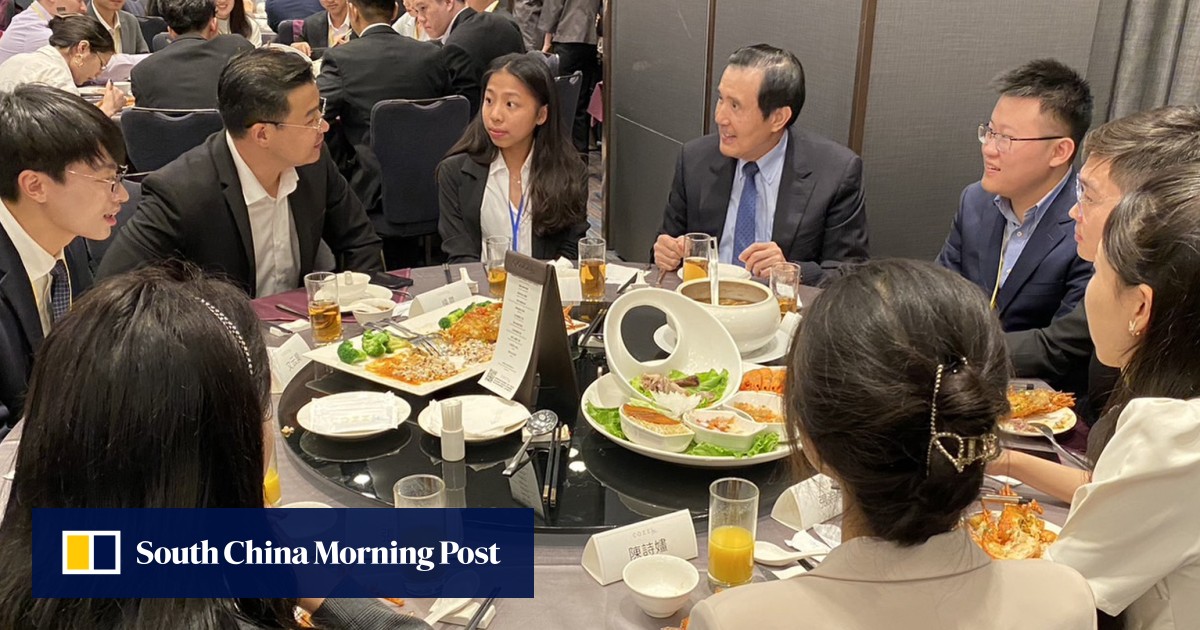Beijing sees the self-ruled island as part of China to be reunited by force if necessary. Most countries, including the US, do not recognise Taiwan as an independent state, but Washington is opposed to any attempt to take the self-governed island by force and is committed to supplying it with weapons.
Taiwanese Vice-President William Lai Ching-te of the DPP, who is set to take office as the island’s president in May, also made stopovers in the US ahead of the January election.
Beijing has labelled Lai a “separatist” and warned Taiwan’s voters against electing him.
Zhang Wensheng, deputy dean of the Taiwan Research Institute of Xiamen University, said “foreign interference” made a reappearance in this year’s report as Beijing viewed interaction between DPP and foreign officials as a hindrance to cross-strait unification.
However, “the mention of Taiwan is still rather brief and the overall policy direction has not changed”, he said.

Sung Wen-ti, a political scientist at the Australian National University, said the phrase also reflected Beijing’s concerns over the “internationalisation” of the Taiwan issue.
The island has drawn increasing international attention as Beijing doubles down on military manoeuvres in the Taiwan Strait.
The European Parliament adopted a resolution last week voicing concerns over Beijing’s “escalation of tensions” across the strait. It stressed that “Taiwan is a key EU partner and a democratic ally in the Indo-Pacific region” and pledged closer cooperation with the island.
The parliamentary session offers a rare and important glimpse into Beijing’s decisions on issues ranging from the economy to defence.
The premier’s speech typically mentions the quest for “peaceful development and reunification” and stresses the 1992 Consensus, a tacit understanding that the two sides must recognise that there is only one China, but each can have its own interpretation of what that means.
While Beijing appears to have toughened its official stance, Zhang from Xiamen University said Li’s remarks about “deepening cross-strait development” showed Beijing’s support for unofficial exchanges between mainland China and Taiwan.
As official lines of communication are non-existent, Beijing is “emphasising exchanges between people on the economic, cultural and social level”, he said.
Wang Huning, the chairman of the Chinese People’s Political Consultative Conference, said on Monday that the political advisory body would work to “strengthen cross-strait industrial cooperation and build a shared market”.
Additional reporting by Amber Wang







